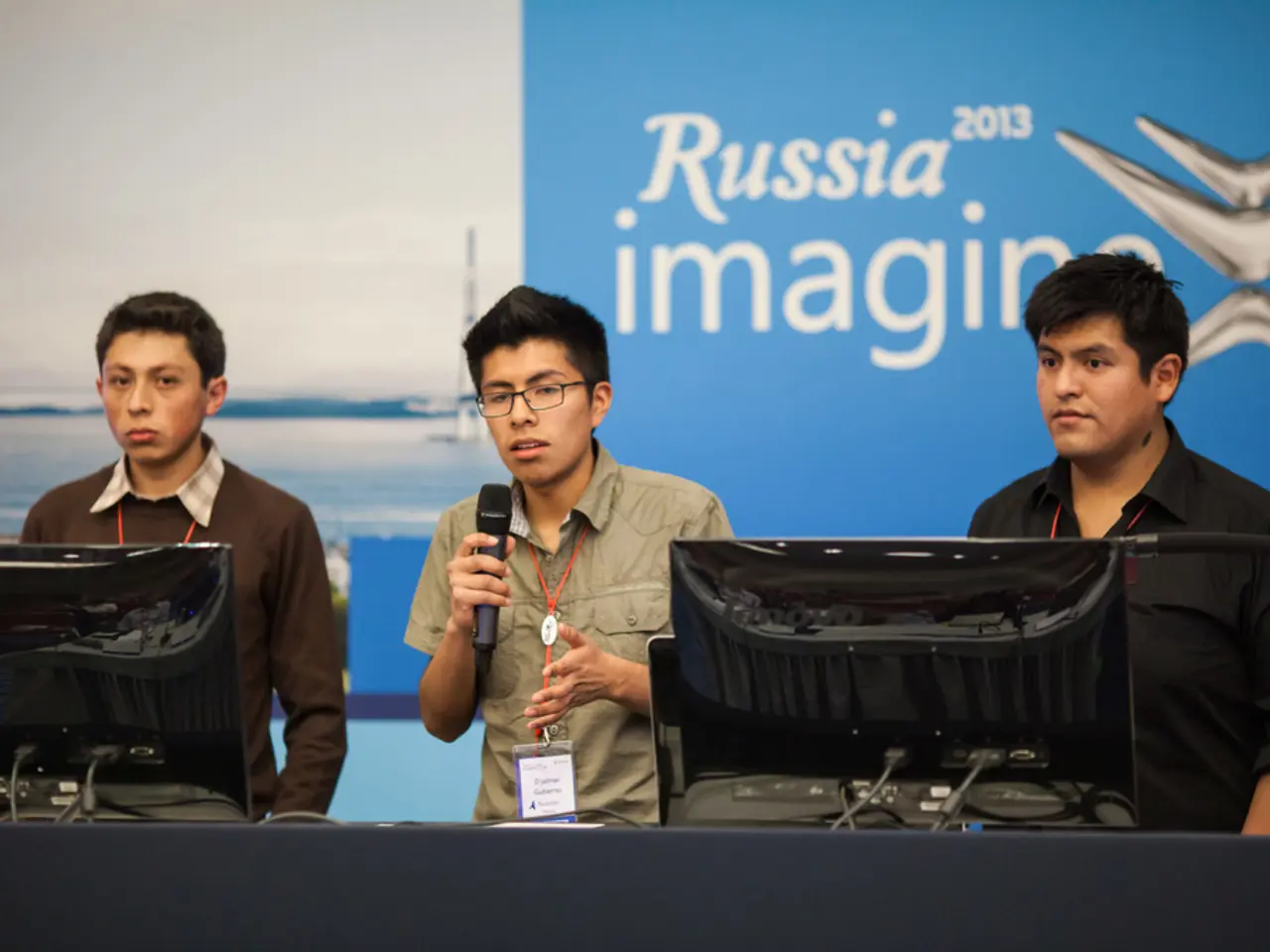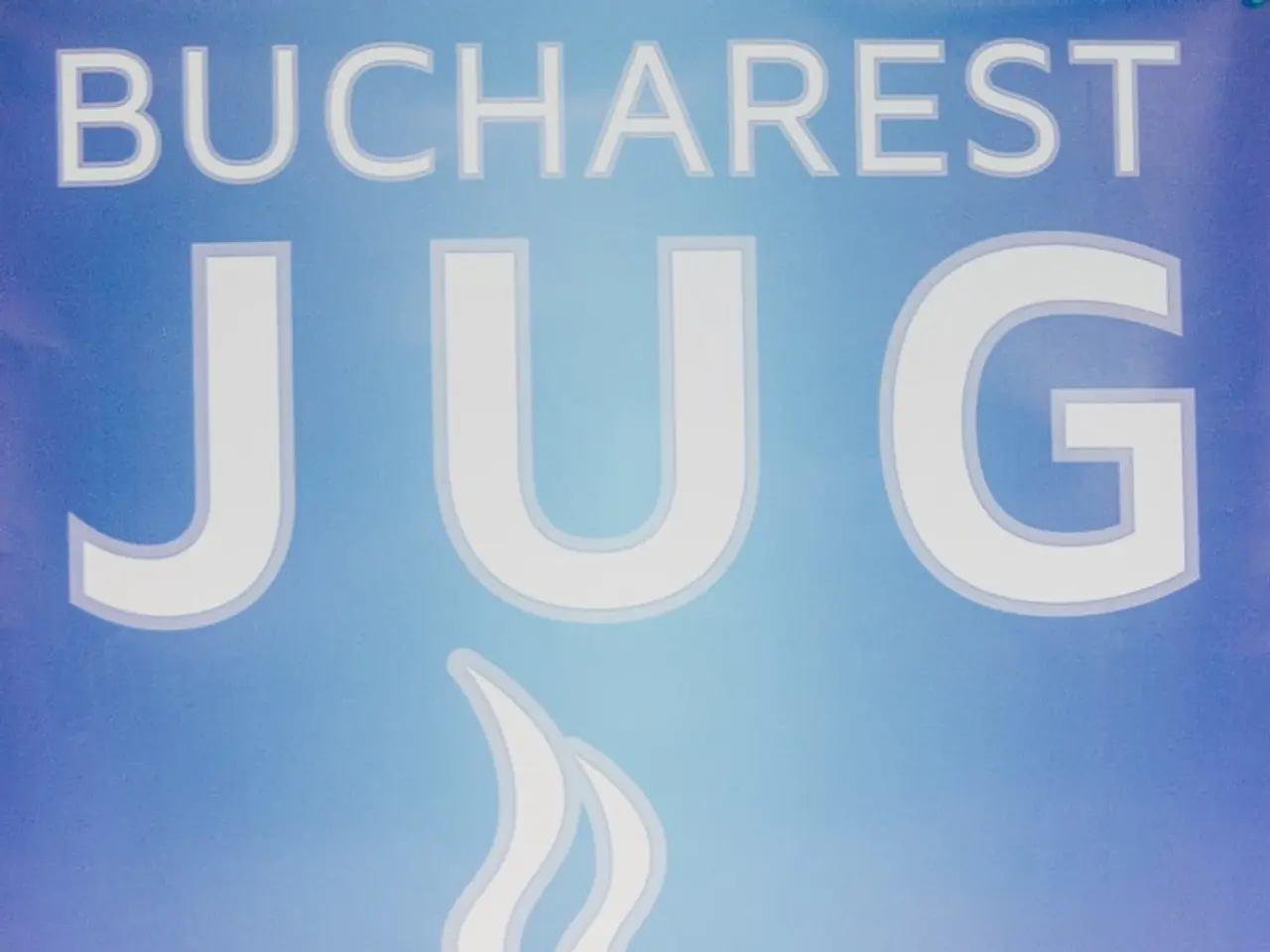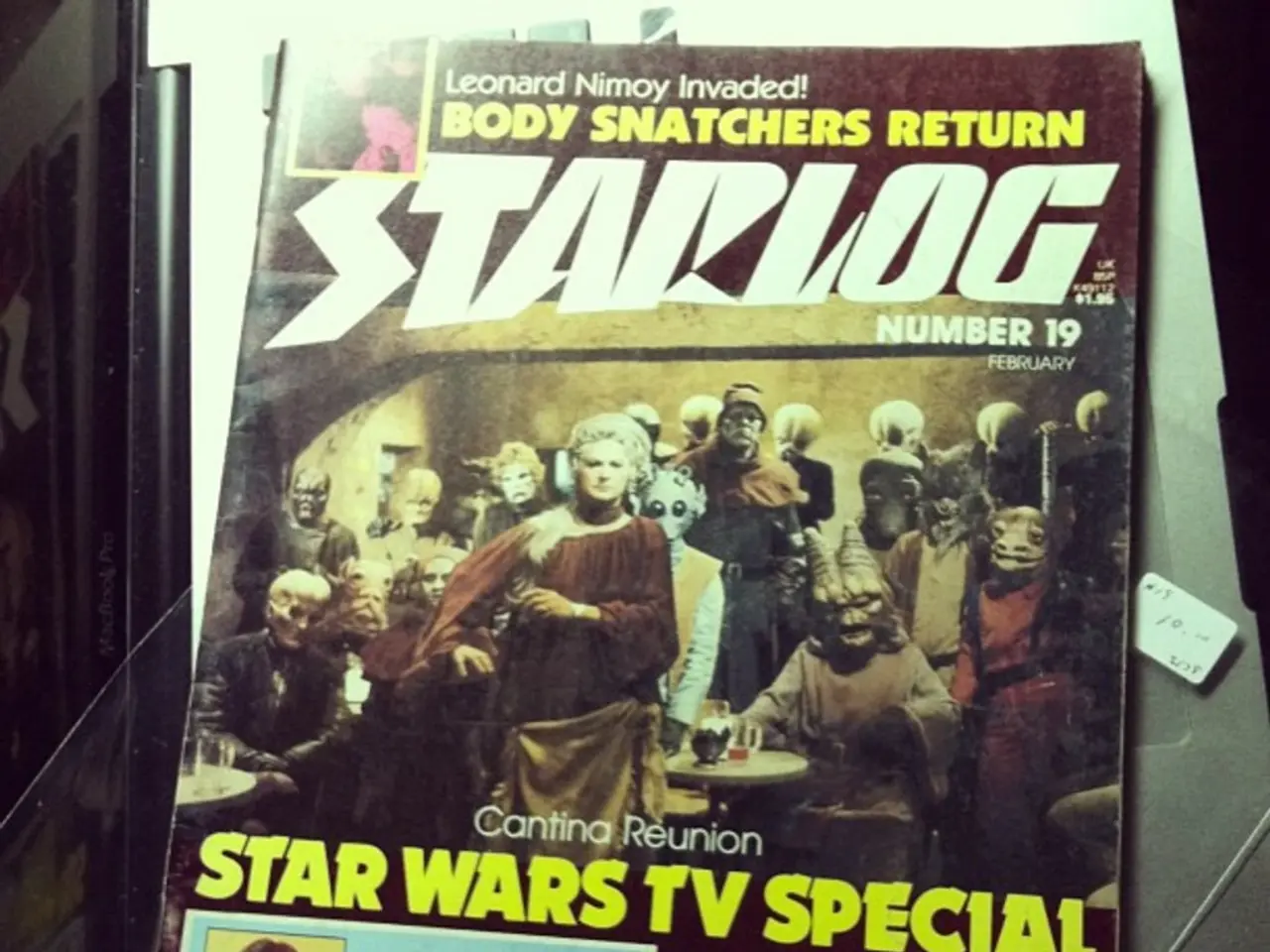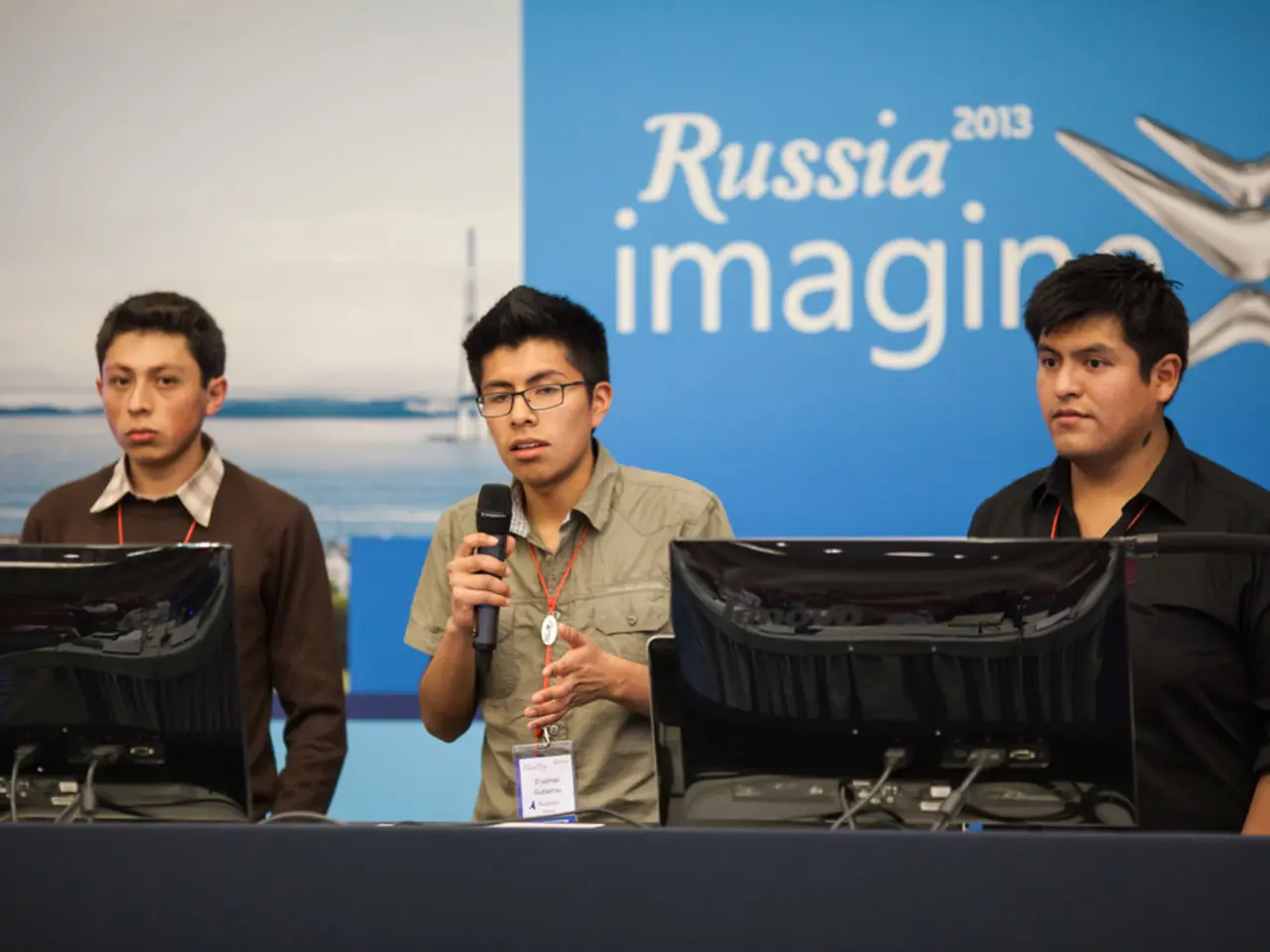Court's Verdict Favoring Non-Use of Cheating Software on PlayStation by Sony at BGH (Federal Court of Justice, Germany) - BGH rules against Sony in controversy over deceptive software for PlayStations, finding infringement of consumer rights
The German Federal Court of Justice (BGH) has made a landmark ruling in a legal dispute between Sony and a company selling cheat software for PlayStation Portable (PSP) games. The court decided that these cheat tools do not infringe Sony's copyright [1].
The ruling stems from a case where Sony filed a lawsuit against a company selling such cheat software to prevent its further sale. The initial lawsuit was unsuccessful before the Higher Regional Court in Hamburg, prompting Sony to appeal the case to the BGH.
The BGH determined that the cheat software merely manipulates data in the working memory during gameplay but does not modify the source code or object code of Sony’s software, which are the forms protected by copyright law under both German law (Section 69c No. 2 of the Copyright Act) and EU Directive on computer programs [1].
Key specifics of the ruling include:
- The cheat tools change the program flow by altering data stored temporarily in the device's memory, not the actual program code itself.
- Since neither the source code nor the executable code is adapted, translated, or otherwise modified, this does not count as a copyright infringement.
- The BGH followed the opinion of the European Court of Justice (ECJ), which had similarly concluded that such cheat tools do not constitute prohibited modifications of a computer program [1].
This ruling means that software designed to influence gameplay by manipulating runtime data without altering software code is not protected from use under copyright law. Therefore, Sony cannot claim copyright infringement for such cheat software that operates without changing the actual program code.
The outcome of this case is significant as it sets a precedent for the legality of cheat software that does not alter the game program itself. This distinction may influence future cases involving third-party software interacting with games and other programs in ways that do not involve copying or altering protected code directly [1].
Separately, the BGH has also referred a second case, involving a dispute over the AdBlock Plus ad blocker and the Axel Springer Group, back to the Hamburg Higher Regional Court. The Axel Springer Group is suing Eyeo, the provider of the AdBlock Plus ad blocker, arguing that computer programs on its sites are altered. The outcome of this second case will likely impact the use of ad blockers.
References: [1] Bundesgerichtshof, Press Release, July 31, 2025. URL: https://www.bundesgerichtshof.de/SharedDocs/Pressemitteilungen/DE/2025/07/bs20250731_13.html
This ruling clarifies that while copyright law protects the code of software programs, it does not extend to every form of interference with gameplay or program execution. This distinction is crucial for understanding the boundaries of copyright law in the digital age.
In a separate development, the Higher Regional Court ruled against the Axel Springer Group in August 2023, but did not sufficiently address some questions, which the BGH has now decided should be addressed. The outcome of this second case will likely impact the use of ad blockers.
- Despite the German Federal Court of Justice's ruling on cheat software for PlayStation Portable games, the implications of this decision may extend to other forms of third-party software that interact with digital content without directly altering protected code.
- The BGH's decision on the AdBlock Plus ad blocker and the Axel Springer Group is still unresolved, and its impact on the use of ad blockers remains to be seen, offering a contrast to the clarification provided regarding the legality of cheat software that does not alter the actual program code.




